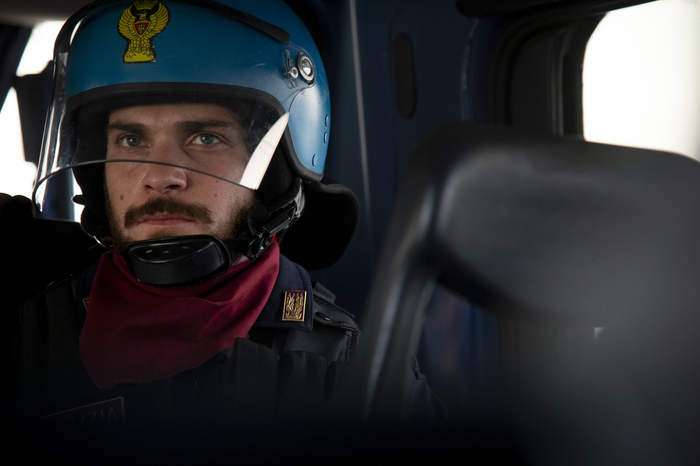The broken childhood of a group of fraternal friends and the opportunity for revenge are the two cornerstones around which We were children moves, the noir-tinged drama by Marco Martani which brings one of Massimiliano Bruno's greatest theatrical successes to the big screen (here co-writer with the director), the monologue Zero which debuted in 2005. On stage it was Bruno who embodied all the characters, here they come to life with a talented ensemble cast that includes Lorenzo Richelmy, Alessio Lapice, Lucrezia Guidone, Giancarlo Commare , Francesco Russo, Romano Reggiani and Massimo Popolizio.
The film produced by Minerva Pictures and Wildside with Vision Distribution and Sky, debuted at the Rome Film Festival in Alice nella città and arrives in theaters in around 50 copies with Europictures from 21 March.
It is always "very fascinating to explore the dark part, that small, murky black hole that everyone has inside. Investigating what our limits are, how far we would go in an extreme situation - explains Massimiliano Bruno -. Reading certain news events, even 'I often wonder how I would react if I found myself in certain circumstances."
In a story that mixes multiple temporal planes, five childhood friends who have become adults have to find the answer, all struggling with deep internal fractures born from a violent trauma they survived 20 years earlier.
They find themselves much later in the Calabrian town of the first part of their lives, to come to terms, in their own way, with what happened.
Thus we meet Gianluca (Lapice), a policeman who cannot control his reactions;
Walter (Richelmy) rock star who gives voice to his demons on stage;
Margherita (Guidone), as devoted to her troubled brother, Andrea (Reggiani), as she is unstable in controlling relationships, even sentimental ones.
Welcoming them to the village is the only one of their friends who hasn't left, nicknamed by everyone Cacasotto (Russo).
With them, Peppino (Commare), son of the very powerful and criminal honorable Rizzo (Popolizio), also takes on a role.
"It's a story that, through the concept of genre, allowed us to work on a theme that was close to our hearts - underlines Martani, who returns to noir over 16 years after Armed Cement - the generations compared, the way in which the older generations crushed the new ones".
Developing three intertwined time planes that become a single story, "allowed us to tell such extreme characters while also showing their fragility".
Bruno has Calabrian parents and when he wrote the monologue 20 years ago he wanted to tell "a bit of the dynamics seen between my grandfather and my father - he explains -. Then I realized how it was possible to find them in all contexts, including politics", observe.
In the monologue, embodying all the characters, to make the story flow more, "there was also some comedy. Marco didn't have this need. We were children seems like a noir but in reality it is a dramatic film about the weakness of people who are unable to stop doing the wrong thing and repeating it, in a vicious cycle where no one wins."
In an ensemble film "that focuses on the richness of the characters, I worked on Gianluca's loneliness: it seems that he doesn't want to be in contact with other people but it's the opposite, he has the desire to free himself from the atrocious evil inside him".
These "are not heroes who go on a Kill Bill-style vengeance - underlines Lucrezia Guidone -. For example, Margherita experiences a bit of expiation, also from a sexual point of view, for the burdens she bears towards everyone, and has a great sense of protection towards his brother, he doesn't want him to lose the innocence of childhood."
Reproduction reserved © Copyright ANSA

